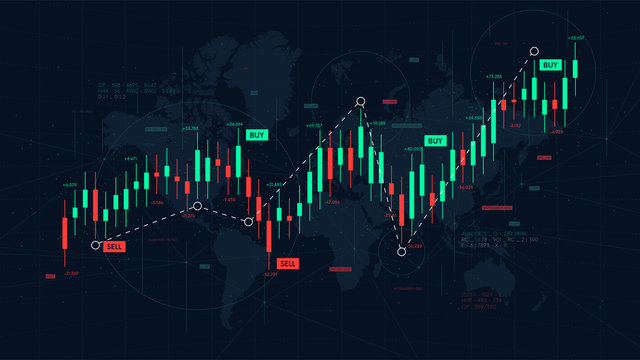The 23rd World Insights
Exploring the untold stories and events from around the globe.
Forex Frenzy: Riding the Currency Rollercoaster
Dive into the wild world of Forex trading! Discover strategies, trends, and tips to master the currency rollercoaster and boost your profits!
Understanding Currency Pairs: The Basics of Forex Trading
Understanding currency pairs is fundamental to navigating the world of Forex trading. In essence, currency pairs consist of two currencies, the base currency and the quote currency. The base currency is the first in the pair, and it represents how much of the quote currency is needed to purchase one unit of the base currency. For instance, in the pair EUR/USD, the Euro (EUR) is the base currency, and the US Dollar (USD) is the quote currency. If the EUR/USD pair is trading at 1.2000, it means that 1 Euro can be exchanged for 1.20 US Dollars. Understanding this relationship is crucial for making informed trading decisions.
There are different types of currency pairs categorized as major, minor, and exotic pairs. Major pairs, such as USD/JPY and GBP/USD, involve the most traded currencies and typically exhibit higher liquidity and lower spreads. Minor pairs, like AUD/NZD or EUR/GBP, do not include the US Dollar but still offer significant trading opportunities. Finally, exotic pairs typically involve one major currency paired with a currency from a developing market, such as USD/TRY (Turkish Lira). These pairs can be more volatile and have wider spreads, which may appeal to those seeking higher risk and potential returns. For further insight into different currency pairs, visit Forex Factory.

Top Strategies for Navigating Forex Volatility
Forex volatility is a natural part of currency trading, and understanding top strategies for navigating forex volatility is crucial for successful trading. One effective method is employing technical analysis. Traders can use various charts and indicators, such as Bollinger Bands and moving averages, to identify trends and potential reversal points in the market. By recognizing patterns, traders can make informed decisions and mitigate risks associated with sudden price fluctuations.
Another strategy involves diversifying currency pairs. Instead of concentrating on a single currency, traders should consider a diverse portfolio that includes multiple currency pairs to spread risk. This approach can help cushion against the impacts of volatility in any single market. Additionally, setting stop-loss orders can protect against large losses when market conditions are unfavorable, enabling traders to maintain a disciplined approach during turbulent times.
How Global Events Influence Currency Movements
Global events play a crucial role in influencing currency movements, as they can shift market sentiments and alter economic fundamentals. Major events such as geopolitical tensions, natural disasters, and economic crises often lead to fluctuations in exchange rates. For instance, when a country faces political instability, investors may withdraw their capital, causing the national currency to depreciate. On the other hand, positive developments such as peace agreements or strong economic data can bolster a currency's strength. Understanding how these global events interact with currency markets is vital for traders and investors alike.
Moreover, central bank policies and international trade agreements are also influenced by global happenings, further affecting currency values. For example, the World Bank and other economic institutions often react to global events by adjusting their forecasts and recommendations. Changes in interest rates can follow significant global events, as central banks may opt to raise or lower rates to stabilize their currency and economy. Consequently, being aware of these interconnected factors helps investors predict currency movements with greater accuracy.